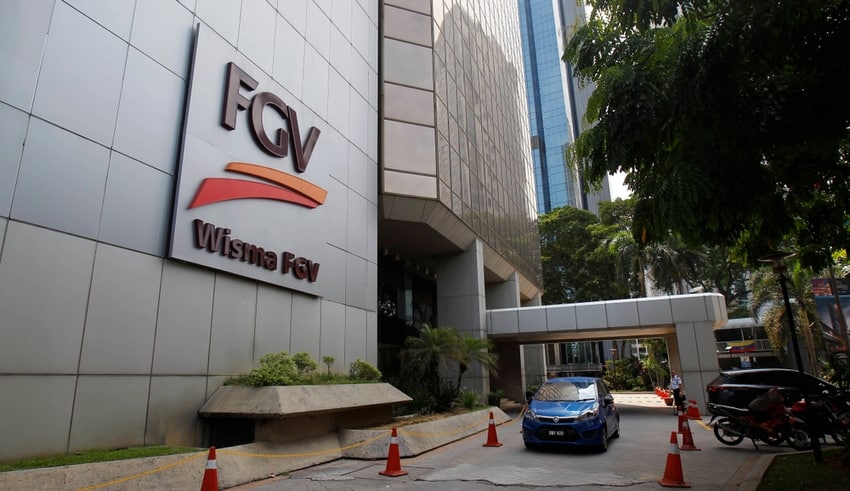
Last updated on May 6th, 2021 at 10:19 am
As part of the FGV’s transformation agenda, MPC is a systematic initiative to strengthen, standardize and sustain best practices in planting and manufacturing.
FGV said the framework provides broad national requirements for farming, refining, and production working processes and agricultural activities. In fact, the pilot project began in 2019 at the estate of Tembangau 6 in Pahang and the oil palm mill of Besout in Perak, followed by the estate of Maokil 07 and the oil palm mill in Johor.
The MPC scheme has shown progress, as shown by the two estates and two mills earning many certifications. That includes the certification of Roundtable Sustainable Palm Oil ( RSPO), Malaysia Sustainable Palm Oil (MSPO) and QE/5S Quality Environmental Practice (QE/5S) Malaysia Productivity Corporation.
Group chief executive Datuk Haris Fadzilah Hassan said that one of the difficulties confronting FGV ‘s activity was the complexity of its 197 estates and 68 mills in terms of capacity, operational costs, infrastructure and manpower capabilities. It’s important to reach optimal standardization through the MPC programme, resulting in improved efficiency and cost savings.
Citing an example, he said the 29-year-long Maokil oil palm mill displayed improved profitability, processing an oil extraction rate of 20.74 percent last year from 19.86 percent in 2018. FGV is optimistic that after Maokil’s mill ‘s performance the MPC project would be the trigger for the restructuring of its business strategy.
The MPC project will be initiated in phases by FGV. The next step will be in the following areas: Palong 8 rubber plant in Negri Sembilan, Delima Oils refinery in Johor, Embara Budi oil palm mill and Sahabat 11 in Sabah.
























Like!! I blog frequently and I really thank you for your content. The article has truly peaked my interest.